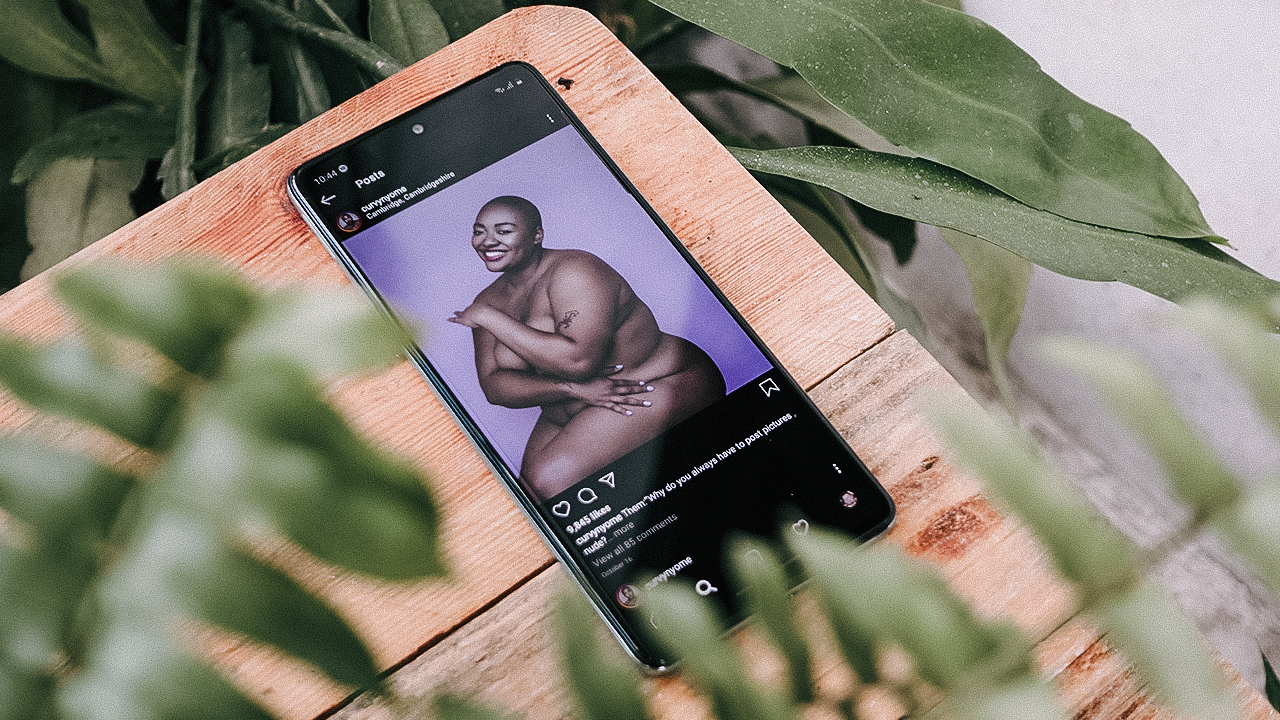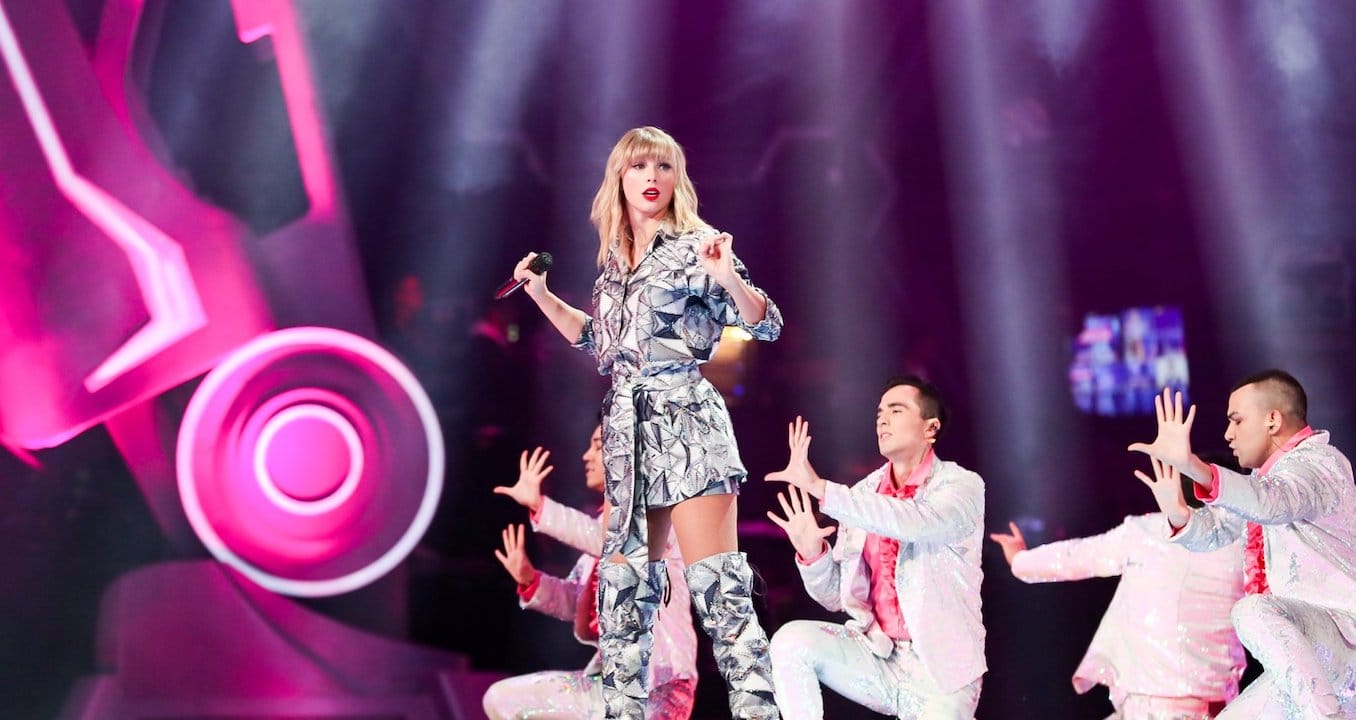Social Media
Facebook and Instagram are relaxing their nudity policy

Among social media networks today, both Facebook and Instagram actively police and inhibit nudity on their respective platforms. Under current standards, users cannot post their nude bodies even for artistic purposes. However, because of a controversy with Black influencers, Facebook and Instagram are relaxing their nudity policy.
Back in August, Nyome Nicholas-William, a Black plus-sized model, posted an artistic photo of herself nude but covering her breasts with her arms. The photo promoted Nicholas-Williams’s self-love and celebration of her own body.
Spotting a potential infringement over their policy, Instagram moderators censored the photo and threatened to take down Nicholas-Williams’s account. The moderation resulted in heavy controversy from the influencer and her supporters, decrying selective censorship. Despite the moderation, white, skinnier models posted even more revealing shots of themselves without repercussions, they argued.
Now, because of the protest, Facebook and Instagram are changing their nudity policy starting this week (via The Guardian). The new policy will ease up on restrictions on breast squeezing, as depicted in Nicholas-Williams’s censored shoot.
At the time of the censoring, breast squeezing was regulated because “it can be most commonly associated with pornography,” according to Instagram. The platform enforces a stringent policy against nudity to reportedly protect users under the age of 13.
However, upon further reviewing today, Instagram admits the wrongful application of the ruling on the self-love shoot. Now, under the new policy, users can now post similar poses for artistic purposes. The company hopes that the new policy will ensure fair ruling across the platform regardless of race or body size.
SEE ALSO: What’s the safest way to have cybersex during quarantine?


Despite the ease that the technology promises, artificial intelligence still isn’t the most reliable thing you can depend on. Today’s models can still flub answers. Now, the pitfalls of AI are abundantly clear with a few mishaps on X. Golden State Warrior Klay Thompson was just “accused” of a vandalism spree involving bricks.
Late Tuesday night, X presented an AI-generated news snippet. The article, posted soon after the Warriors’ play-in loss to the Sacramento Kings, reads: “Klay Thompson Accused in Bizarre Brick-Vandalism Spree.”
The snippet hilariously described an incident where Thompson supposedly vandalized houses in Sacramento with bricks. Thankfully, according to the snippet, no one was hurt. It even had a few sources for its claims below the news summary.
First off… I am ok.
My house was vandalized by bricks 🧱
After my hands stopped shaking, I managed to call the Sheriff…They were quick to respond🚨
My window was gone and the police asked if I knew who did it👮♂️
I said yes, it was Klay Thompson
— LakeShowYo (@LakeShowYo) April 17, 2024
The sources, however, are just joke posts stemming from the recently concluded game. In that do-or-die game, Thompson put up a staggering 0 points on ten shot attempts, the most misses without a make by a Warrior since the ’68 season. Naturally, everyone joked that the Warriors guard just threw bricks all over Sacramento.
Now, X is currently experimenting with a new AI feature called Grok. The model collates trending topics and creates snippets of what’s happening for X users. However, it’s not exactly the smartest in determining real news from satiric ones. The feature notes as much, carrying a fine-print caveat warning users to “verify its outputs” because it’s an early feature and can make mistakes.
SEE ALSO: New X users must pay a dollar per year to post and reply
News
YouTube now requires creators to label AI-generated content
Especially when the tech is heavily used

The dead internet theory is a conspiracy theory postulating that most of the internet is just composed of bots at this point. While it’s fairly easy to dispute the theory as just outlandish speculation, it’s simultaneously difficult to dispute that the internet is overrun by AI-generated content. YouTube, in a renewed effort to combat AI-borne misinformation, is making it easier to separate generative AI from human creators.
Today, YouTube’s Creator Studio has launched a new tool to adequately label content as AI-generated. The new tool will require creators to affix a label when AI is used to significantly alter the meaning of a video.
A few examples of when the label is required include: when the likeness of a person is used over another person, when footage of real events are altered, and when entire events are fabricated with AI. Though the policy seemingly covers all AI uses, creators can still use AI to generate scripts without needing a label.
In addition to adding more tools and requirements for creators, YouTube is also working on new policies to cover takedown requests for AI-generated content. The company’s goal is to increase transparency for a world where AI is much more prominent.
SEE ALSO: YouTube is now blocking your adblocker

Last week, an absurd wave of AI-generated images of Taylor Swift surfaced on X. Naturally, the phenomenon earned the ire of Swifties all over the internet. Now, larger parties are in motion. X has temporarily blocked all searches for the iconic singer.
Confirmed via the Wall Street Journal, X is retaliating against the push and pull between AI creators and Swifties on the platform. Over the weekend, the platform halted all searches for the singer and her photos. Currently, searching “Taylor Swift” or “Taylor AI” will net an error page. The company says that posting non-consensual nudity, which covers deepfakes, is still prohibited on the platform. The block is only temporary before the platform can think of a more permanent solution.
The method isn’t completely restrictive, though. At the time of this writing, searching for “Taylor,” “Taylor photos,” or “Taylor deepfake” still results in relevant posts.
Regardless, it’s a first salvo in an ensuing war against AI-generated imagery. Several companies and the government are already working on ways to curb the content and criminalize creators. Currently, X is purging all AI-generated photos of the star as soon as they pop up.
However, as anyone familiar with the internet can deduce, moderating content cannot stop them from popping up elsewhere. Following the rise of these images depicting Taylor Swift in promiscuous positions, the greater world has started becoming more aware of generative AI as a tool easily misused by malicious parties.
SEE ALSO: Swifties rally against Taylor Swift NSFW deepfakes on Twitter/X
-

 Events2 weeks ago
Events2 weeks agoStellar Blade: PlayStation taps cosplayers to play Eve for game’s launch
-

 Features1 week ago
Features1 week agoFortify your home office or business setup with these devices
-

 Gaming2 weeks ago
Gaming2 weeks agoThe Rogue Prince of Persia looks like an ultra-colorful roguelite
-

 Accessories2 weeks ago
Accessories2 weeks agoLogitech unveils G Pro X 60 gaming keyboard: Price, details
-

 Reviews1 week ago
Reviews1 week agorealme 12+ 5G review: One month later
-

 Gaming2 weeks ago
Gaming2 weeks agoLenovo confirms development of a Legion Go 2
-

 Deals2 weeks ago
Deals2 weeks agoTCL P635 TV: Big savings for TCL’s anniversary
-

 Gaming1 week ago
Gaming1 week agoNew PUMA collection lets you wear PlayStation’s iconic symbols


























